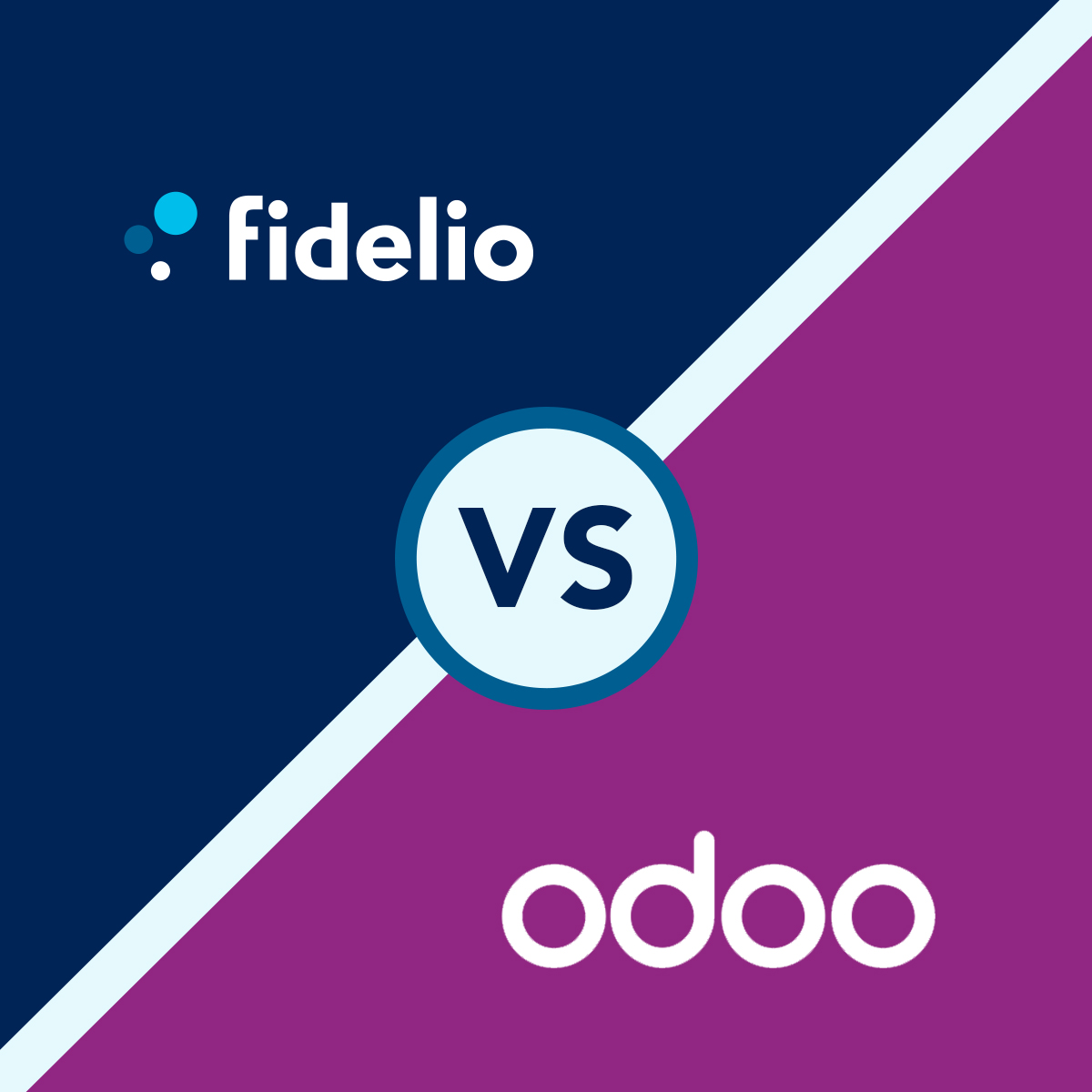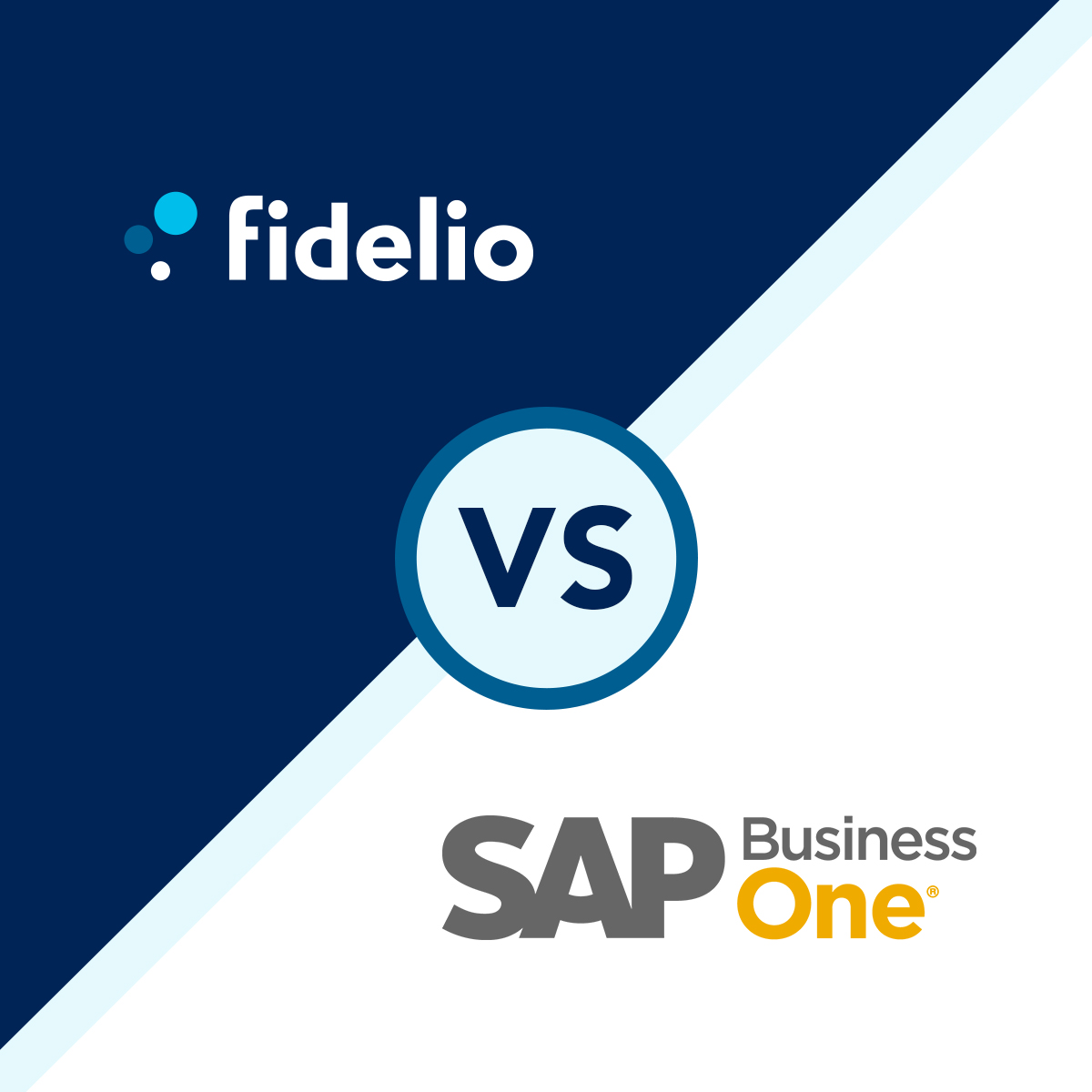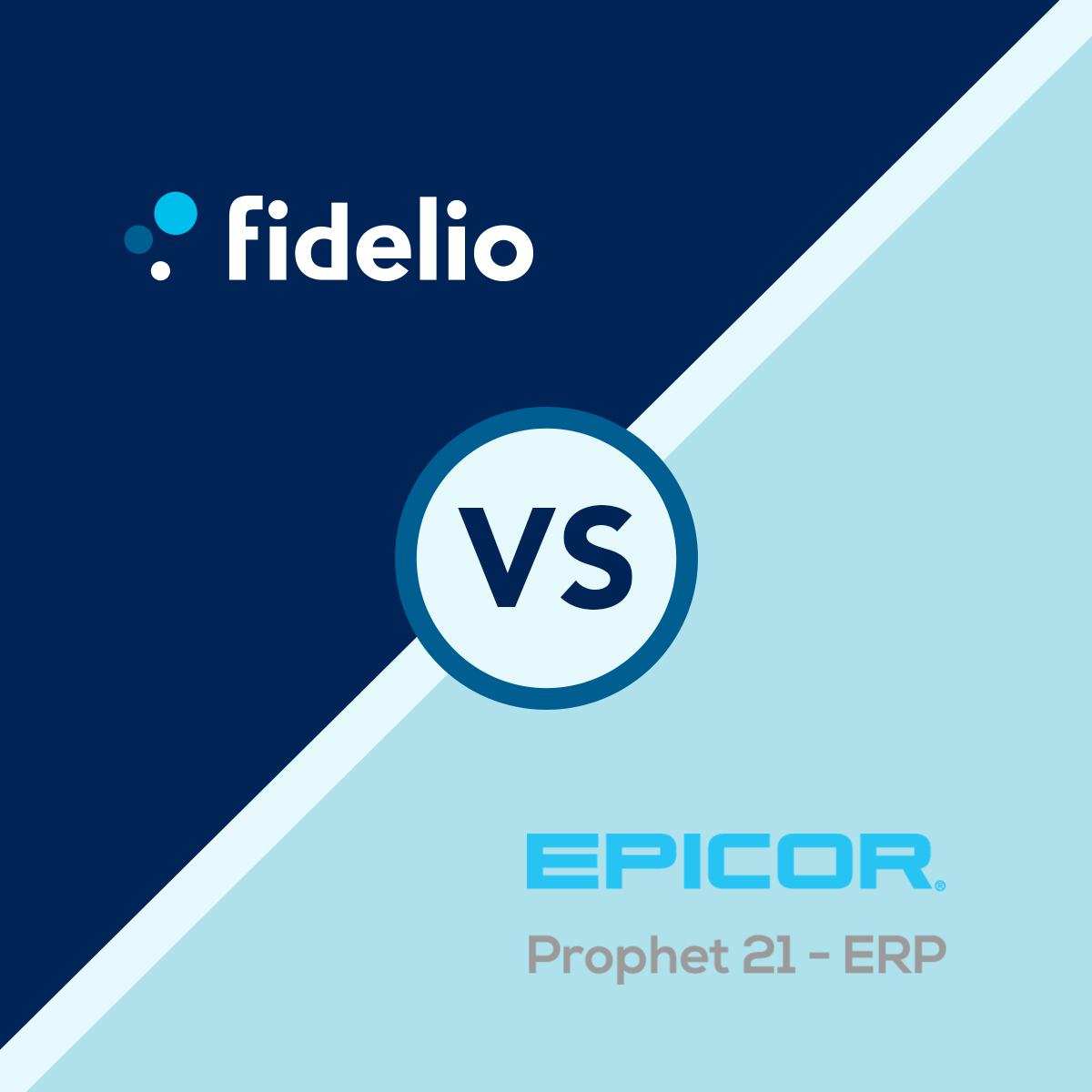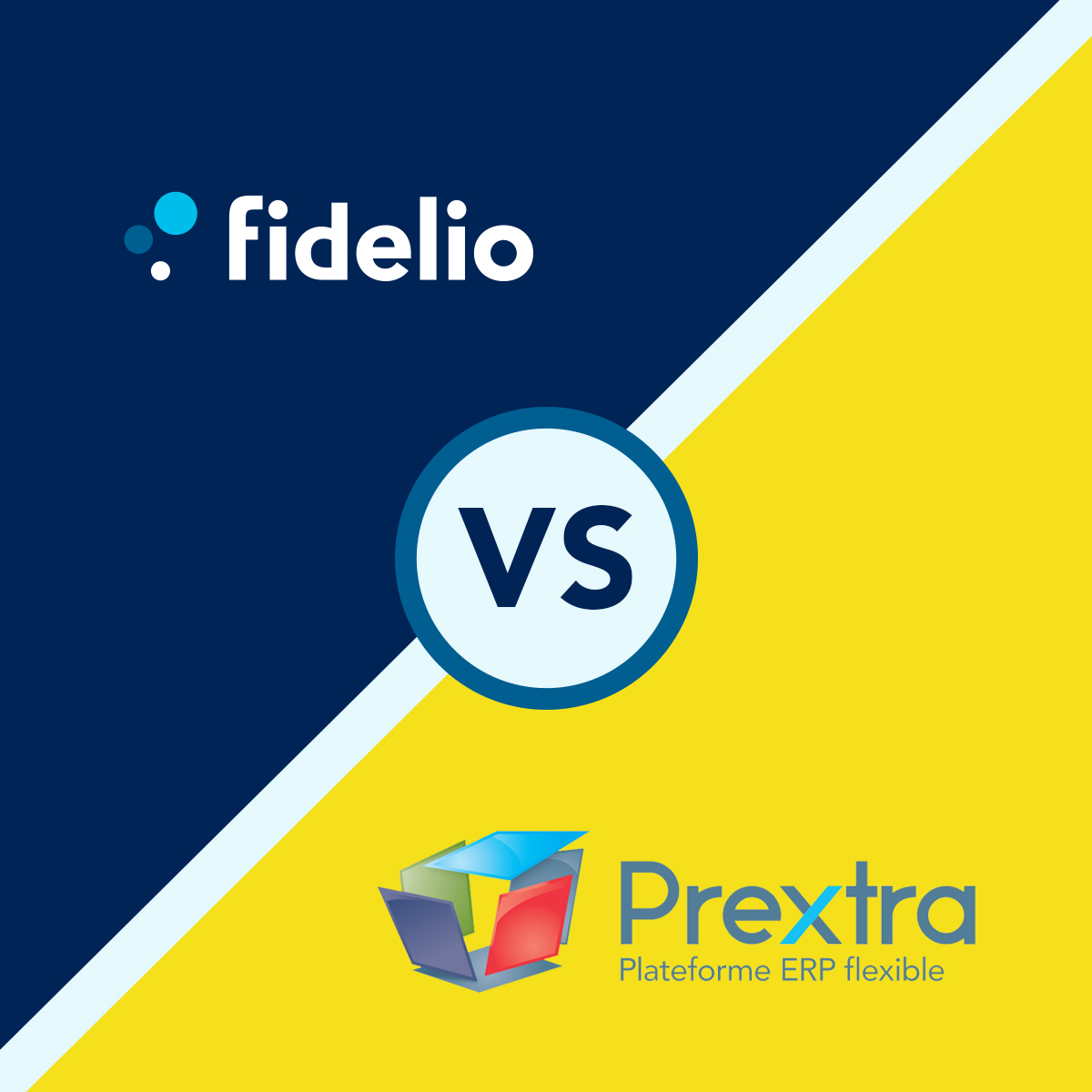Choosing an ERP system is a lot like picking out a car. Every buyer has their own set of needs and tastes. While some people look for a vehicle packed with every feature imaginable, others prefer something more straightforward and basic. There are those who require spacious vehicles like vans or wagons due to the size of their family. Conversely, there are individuals who don't need a car at all, as public transport meets their commuting requirements. Similarly, the requirements for businesses when selecting an ERP system are just as diverse.
Fidelio Cloud ERP
Fidelio stands out by empowering SMEs across a variety of sectors, such as food and beverage, industrial supply distribution, wholesalers, and manufacturers, with its advanced cloud-based ERP software. Fidelio excels in managing logistics functions and enhancing inventory management across various locations. It adeptly forecasts demand during peak times and assesses supplier performance, equipping businesses to stay one step ahead. By simplifying key business processes, including finance, sales, production, and provisioning, Fidelio offers a simple solution that integrates real-time data for quick, well-informed decision-making. Its intuitive features and strong analytics capabilities boost productivity and efficiency, establishing it as an invaluable resource for businesses on the path to scaling up.
Odoo
Odoo distinguishes itself as an adaptable enterprise resource planning (ERP) system that enhances communication between various applications within a unified digital environment. Its open-source model has cultivated a community that contributes to its distinctive framework, providing businesses with an all-in-one solution. Though Odoo's comprehensive integration capabilities offer extensive functionality, they might pose complexity for those seeking simplicity or lacking the technical know-how to utilize its wide-ranging options. The two-month refund period could be seen as restrictive, and while 24/5 support is available, the limitations on third-party account interventions, specific configuration guidance, and customization support could leave some users wanting more.
Making the Choice
In the competitive business landscape, access to functionalities like inventory management, supply chain oversight, and work orders is crucial for manufacturing entities. Retailers, on the other hand, benefit from effective resource management, timesheet tracking, and expense monitoring. Fidelio and Odoo each provide industry-specific features designed to meet diverse needs. A thorough analysis is vital to identify which system aligns best with your company's requirements.
Fidelio shines with its commitment to simplifying operations and delivering automatic updates, targeting SMEs poised for growth in the digital realm. As a complete software system for all your departments, Fidelio requires no add-ons since the functionalities are built into the software, enabling you to merge it with your business easily. Odoo, with its vast integration options and community-driven enhancements, appeals to businesses valuing flexibility and an extensive suite under one roof. However, its complexity and support limitations may challenge some organizations.
To uncover the distinct advantages Fidelio and Odoo offer and to decide why Fidelio could be the preferred option for SMEs, download our document and begin your assessment today. Embark on a path to fully realize your business's potential!







